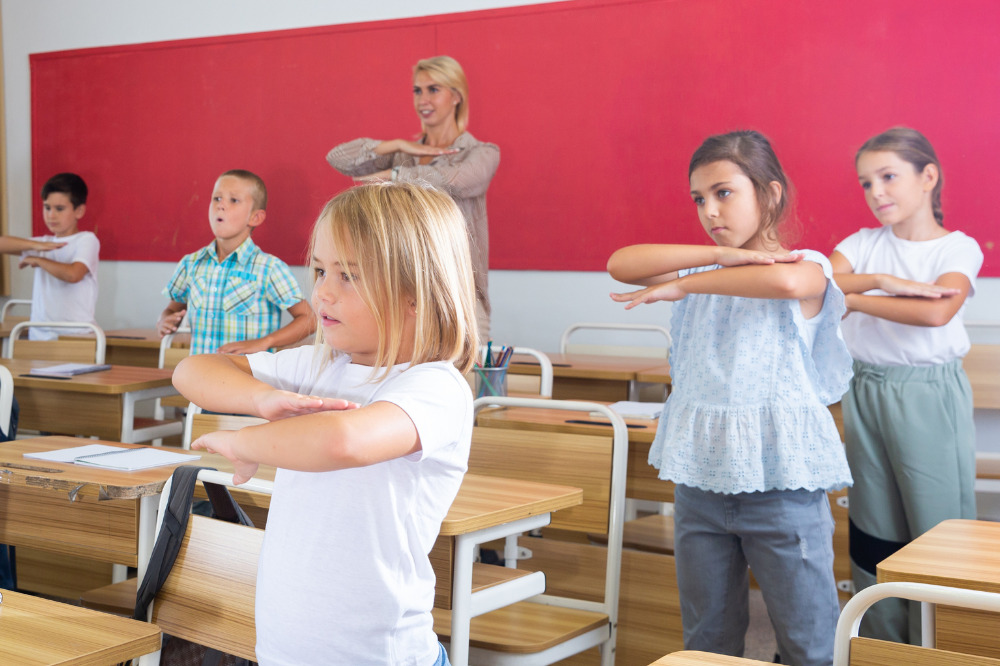
In a recently published study, researchers from the University of South Australia found evidence that children's mental health and overall wellbeing have seen a gradual decline over a six-year period, particularly during and after the COVID-19 pandemic.
The research, which evaluated key indicators of wellbeing such as life satisfaction, optimism, happiness, cognitive engagement, emotional regulation, perseverance, worry, and sadness, among 56,000 South Australian school children aged 9 to 14 (grades four to nine), revealed a consistent worsening of most wellbeing measures from 2020 onwards.
The study also found that female students, those in higher grade levels, and children from lower socioeconomic backgrounds experienced poorer wellbeing compared to their peers.
Lead researcher Dr Dot Dumuid from UniSA noted that the lasting disruptions caused by the pandemic have had profound effects on the wellbeing of Australian children.
“During the pandemic, children had to change the way they learn, play and socialise, all the while living in an environment of widespread uncertainty and anxiety,” Dr Dumuid said.
“Children and young people have dealt with school closures, isolation, social distancing and cancelled extracurricular activities, and this has led to decreased levels of physical activity and increased sedentary time.”
“Now that pandemic restrictions have been lifted, life has not necessarily gone back to how it was pre-pandemic. And when we assessed how children have fared in terms of wellbeing across this period, the news was not good,” Dr Dumuid added.
“Wellbeing clearly dropped during covid and has shown little signs of improvement since then,” she said.
“But certain groups were more affected than others, with worsening wellbeing particularly worrying for female students, students in later school grades, and students with socioeconomic disadvantage.”
Drawing from cross-sectional annual data collected between 2017 and 2022, sourced from the South Australian Wellbeing and Engagement Collective census, the analysis was based on self-reported responses from children.
Co-researcher Professor Carol Maher emphasized that while the study focused on South Australian data, its implications likely extend globally.
“The COVID-19 pandemic, sweeping changes in children's lifestyles - from physical activity and screen time to sleep and diet - and the pervasive influence of social media aren't regional anomalies. They're global phenomena likely impacting children's wellbeing worldwide,” Maher said.
Dr Dumuid highlighted the importance of supporting the wellbeing of young individuals during this critical period. She welcomed initiatives like the Federal Government's introduction of a National Wellbeing Framework and the South Australian Department for Education's School Mental Health Service as steps in the right direction.
“There is a clear indication that urgent and equitable support is needed to improve the wellbeing of all young people, particularly those facing disparity,” Dr Dumuid said.
“This is not only important for children’s present experiences, but also their future potential.”
“Managing wellbeing and mental health in young people requires a whole-of-community approach,” she added.
“Government and school wellbeing programs are certainly a step in the right direction, but a lot more needs to be done to ensure this young group of Australians does not slip through the cracks. Everyone has a responsibility to look out for the next generation.”
“We all play a role in the overall wellbeing of our kids.”


